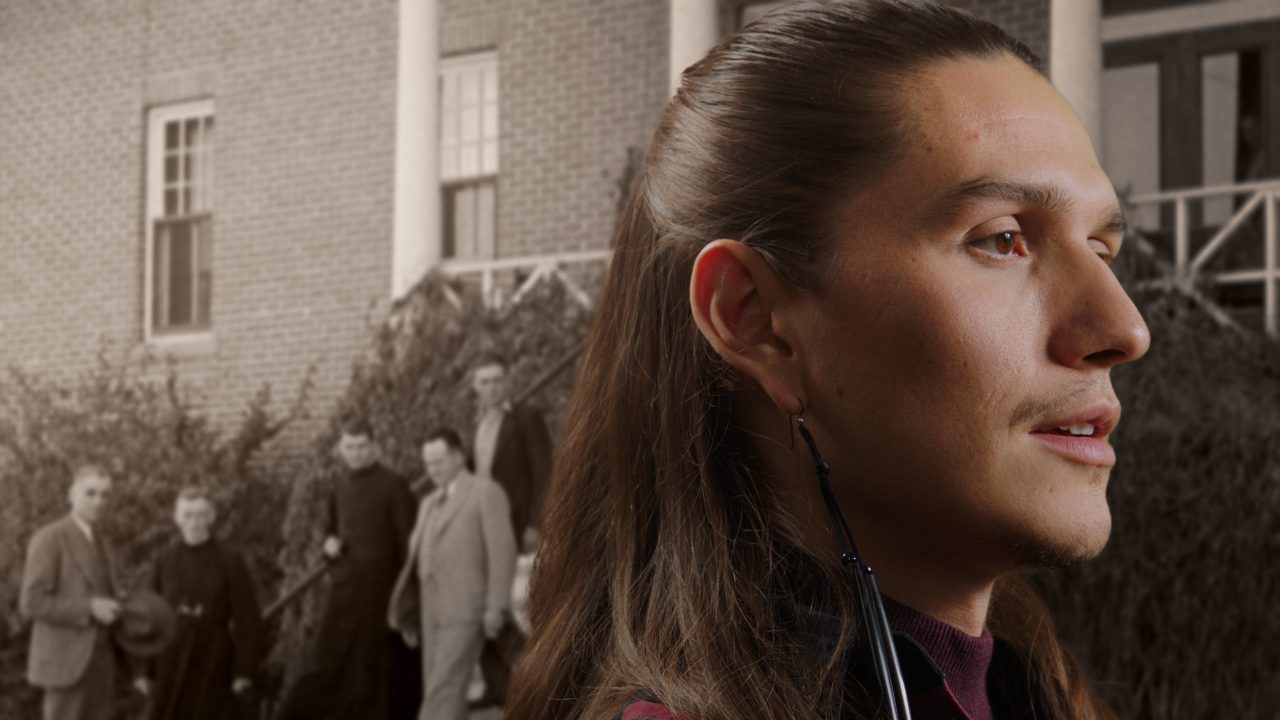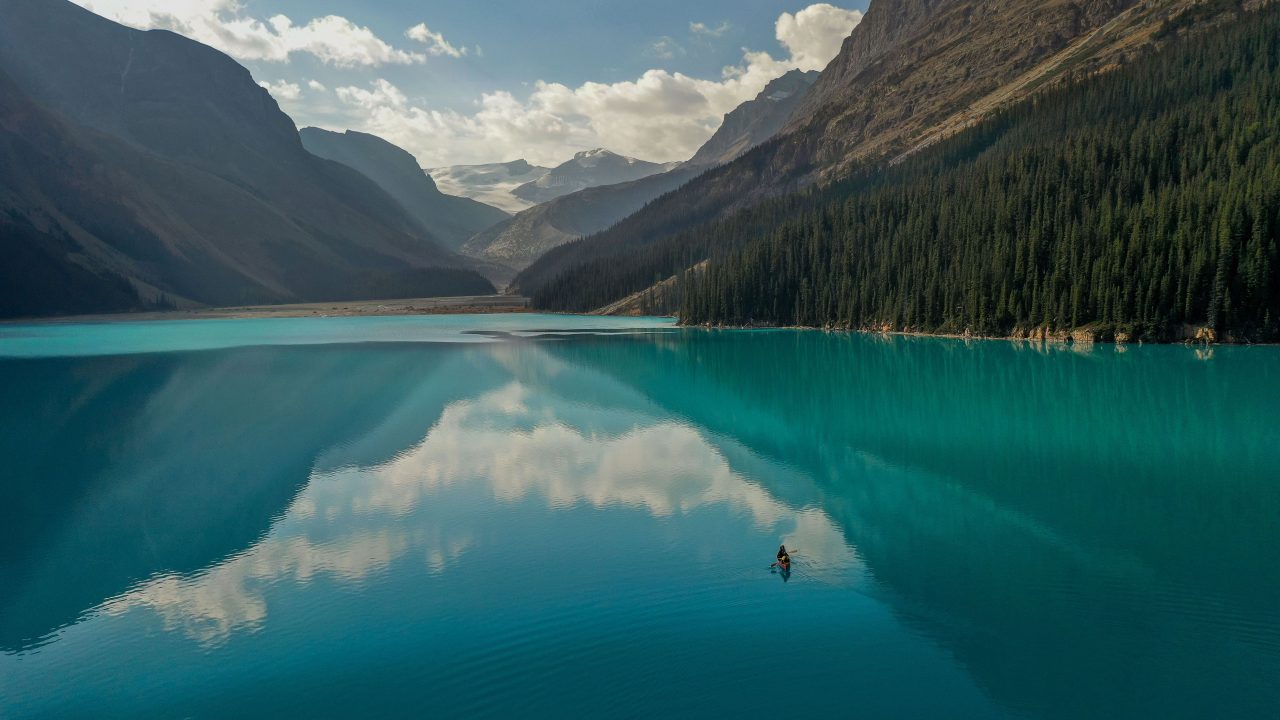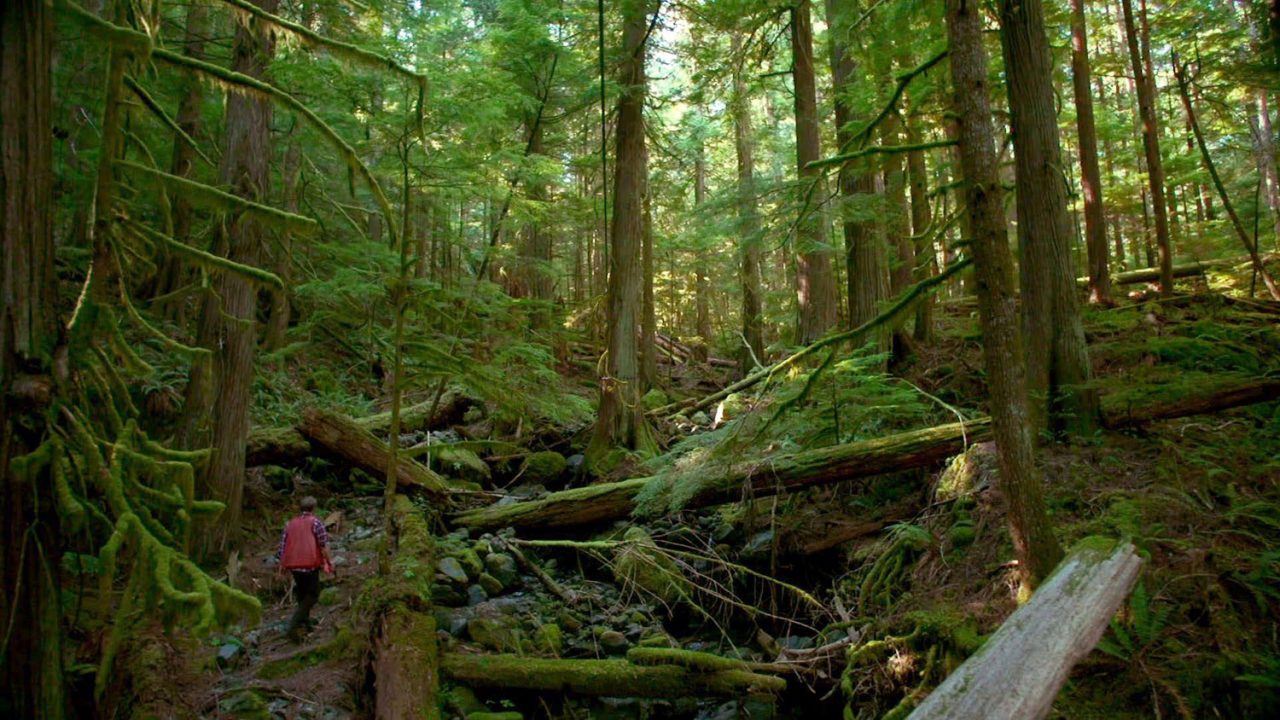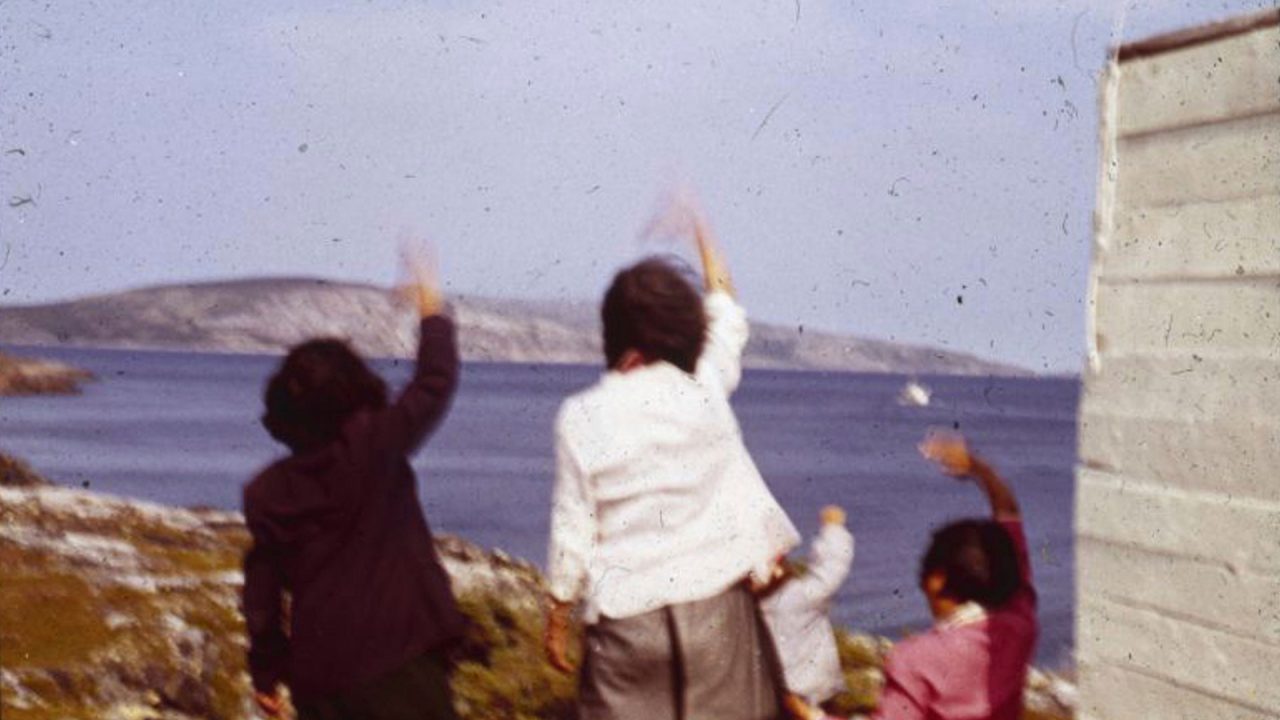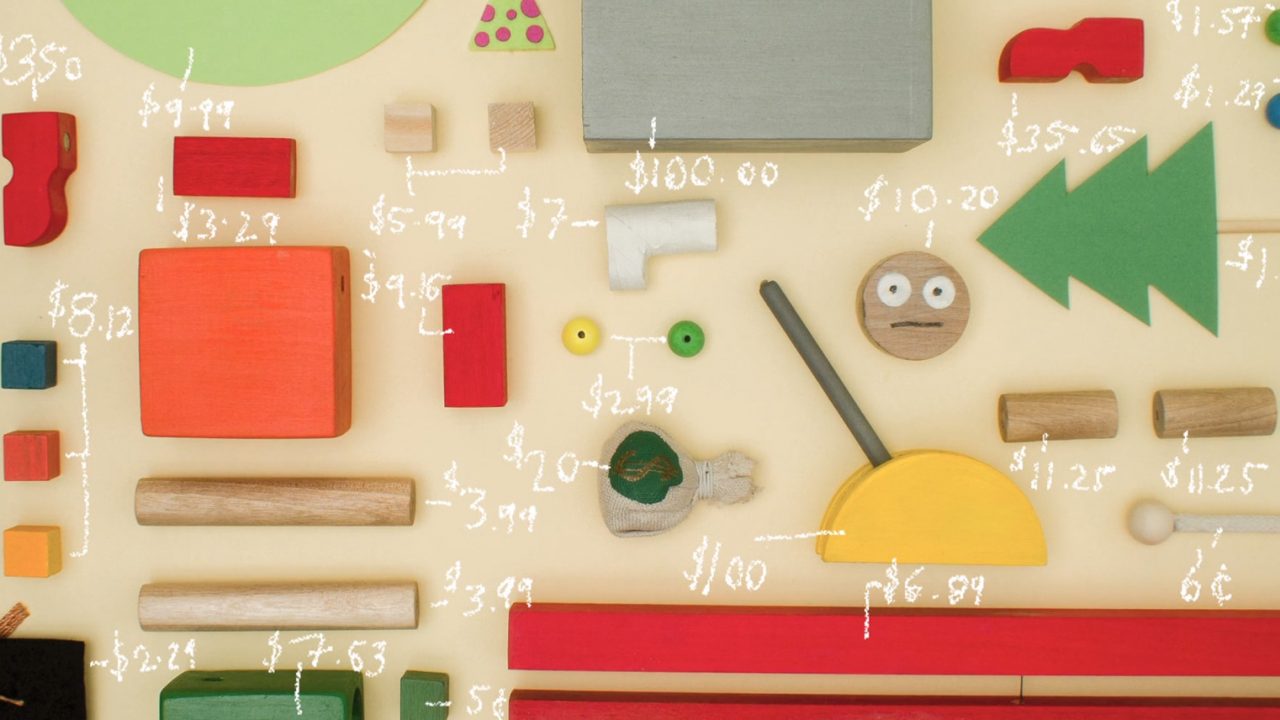
Mini-Lesson for The Big Reset – Economics
Mini-Lesson for The Big Reset – Economics
Mini-Lesson for The Big Reset – Economics
Themes:
- Civics/Citizenship — Human Rights
- Economics — Consumer Awareness
- Geography — Natural Resources and Environmental Issues
- Social Studies — Development
Recommended Ages: 15-17
The Big Reset – Economics, Philip Eddolls, provided by the National Film Board of Canada
Keywords/Topics: Human Development, Economic Development, Infrastructure, Free Market
Overarching Question: How stable is the current free-market system? How might we create a more stable free-market system in the 21st century?
Educational Synopsis : In this short clip, economist Armine Yalnizyan offers a holistic economic approach that takes into account environmental protection and human rights alongside profitability.
Activity 1: Human Development and Economic Growth – Classroom Debate
The Big Reset – Economics, Philip Eddolls, provided by the National Film Board of Canada
Consider the following question that’s posed in the clip: “Does human development create economic growth, or does economic growth facilitate human development?” Students decide which they think came first, human development or economic growth. Students who think human development came first stand on one side of the classroom, and students who believe economic development came first stand on the other side of the classroom. If a student is unsure, they can stand in the middle. Have students justify their choice. As students listen to other students’ reasoning, they can take a step forward, if they agree, or backwards, if they disagree.
Debriefing Questions: Why does it matter which came first? How are human and economic development intertwined? How does the success of one depend on the other?
Summary
In this activity, students are encouraged to think critically and remain open minded. In their initial response to the question, students are asked to support their claim; however, as they consider evidence opposing their view, they have the opportunity to revise their view if the evidence warrants it. Through debate and discussion, students will come to recognize the interconnectedness of human and economic development and that neither will be sustainable without the success of the other.
Activity 2: Wealthy People – Pause-Reflect-Journal
The Big Reset – Economics, Philip Eddolls, provided by the National Film Board of Canada
Students are encouraged to pause and reflect in a journal entry on the following questions:
- Who are the wealthy people in the world?
- Why do they refuse to share their wealth? Is it greed? What else could it be?
- Would you consider yourself to be one of the wealthy people? Why or why not? How does this make you feel?
Debriefing: After completing their journal entry, a class discussion about how students can be a part of the solution, and not the problem, would provide students with a sense of hope for the future.
Summary
Through this reflection activity, students are encouraged to develop empathy for the other and our Earth by examining their role in our current society as consumers. It is challenging to admit we are a part of the problem, but in order for the system to change, all participants must recognize their role and be willing to change.
Activity 3: Pie vs. Cake – Think-Pair-Share
The Big Reset – Economics, Philip Eddolls, provided by the National Film Board of Canada
Yalnizyan’s main message in this clip is that our economy would not exist without the raw materials found on our planet and the people who transform those raw materials into a useful product. However, since the 1960s, we have ignored the bottom two layers of the cake—our planet and other people—and instead focused our attention only on the top layer, the pie.
Through a think-pair-share activity, students discuss the following questions:
- Despite knowing the impact our current economic system has on the environment and people’s human rights, why might some people continue to settle for the pie and not the cake?
- What challenges might we encounter when considering the economic system of the cake?
- How can we overcome these challenges and work together for a better future that ensures both human and economic development thrive?
Summary
Changing society’s perception of how the world should work is often a difficult task and is met with opposition. In this activity, students are to confront some of the questions they might encounter when advocating for the necessity of our economy to consider the entire cake and not just the top layer.
Take Action
As a class, develop criteria for a sustainable economic system. Encourage students to consider criteria that include the protection of our environment and human rights. Have students rank the criteria in order of most to least important.
Students investigate and evaluate the merits and shortcomings of a corporation in relation to the criteria they have developed. With the information gathered, they complete a report card on the corporation’s success, or lack thereof, in creating a sustainable economy. Students justify their grade by researching current initiatives or scandals within the corporation.
Beverly Cameli has a genuine passion for teaching. Over the last two decades she has taught a variety of subjects, including English, geography, history, politics, world religions, anthropology, psychology, and sociology. As an undergraduate, she had the opportunity to study the Holocaust alongside German and Polish students abroad; she went on to complete a master’s degree in sociology and equality studies at the University of Toronto. She works to inspire her students to be active citizens of a thriving planet where all people are treated equally.
Pour lire cet article en français, cliquez ici.
Discover more Mini-Lessons | Watch educational films on NFB Education | Watch educational playlists on NFB Education | Follow NFB Education on Facebook | Follow NFB Education on Pinterest | Subscribe to the NFB Education Newsletter
